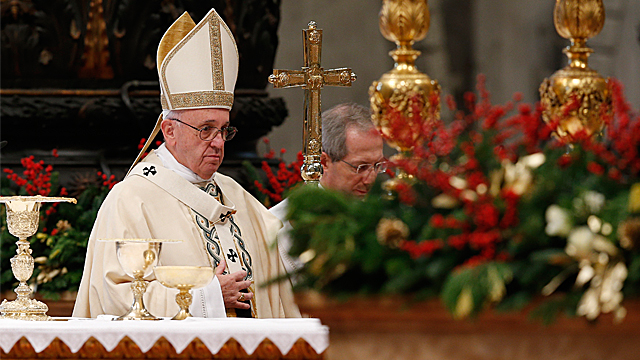A big influence on Nietzsche is Plato.
He spends a lot of time bashing platonism.
I imagine Nietzsche hated the tenets of a transcendent reality and an immortal soul as found in Platonic and Neoplatonic thought.
A big influence on Nietzsche is Plato.
He spends a lot of time bashing platonism.
I want to believe that we have a connection to the multiverse but my brain won't allow it. I read psychology and philosophy to work on my psyche/soul to see the world how it really is instead of how power want's us to believe it is.Like Tachyons and quantum particles? Do you agree that it's possible for the spiritual and the physical to meet on the quantum level? Some other level?
Which psychologists are into metaphysics? I can see a mixing in people like Kant and Nietzsche, but psychology and philosophy are separate fields.
I want to believe that we have a connection to the multiverse but my brain won't allow it. I read psychology and philosophy to work on my psyche/soul to see the world how it really is instead of how power want's us to believe it is.
You're OK, Dutch.Out of nowhere, the mind comes forth. — The Diamond Sutra
Fire-Poker Zen
Hakuin would tell his pupils about an old woman who had a tea shop and praise her understanding of Zen. The pupils often refused to believe what he told them and would go to the teashop to find out for themselves.
Whenever the woman saw them coming she could tell at once whether they had come for tea or to look into her grasp of Zen. In the former case, she would serve them graciously. In the latter, she would beckon to the pupils to come behind her screen. The instant they obeyed, she would strike them with a fire-poker.
Nine out of ten of them could not escape her beating.
4/20/21
Join date
Oh that reminds me to go do something
Catch you on the over side guys
It’s been fun
Let’s keep this vein of threads agoin
Tootles
What were his complaints about Plato?
I imagine Nietzsche hated the tenets of a transcendent reality and an immortal soul as found in Platonic and Neoplatonic thought.
Why he called Christianity Platonism for the masses.
Idealism. That there are ideal forms which our concepts are derived from.
Yes, that figures. Plato was Saint Augustine's favorite pagan philosopher The close link between Platonism and Christianity and their mutual focus on the transcendent would have been antithetical to Nietzsche's philosophy.

How so? Not a philosopher like y'all, and not a reader of Nietzsche, but from what I've read, he wanted mankind to see the bigger picture beyond worshiping idols and wearing funny hats.
He seemed to want mankind to transcend to the Übermensch in the physical universe rather than focus on what we'd become in an afterlife.
This is similar to Buddhism in that Buddha recognized that there's no way to prove the afterlife, but that we should live the most "right", just lives possible to maximize our mortal potential and prepare ourselves for what may come; the Eightfold Path.

https://www.pbs.org/edens/thailand/buddhism.htm
The steps of the Noble Eightfold Path are Right Understanding, Right Thought, Right Speech, Right Action, Right Livelihood, Right Effort, Right Mindfulness and Right Concentration. Moreover, there are three themes into which the Path is divided: good moral conduct (Understanding, Thought, Speech); meditation and mental development (Action, Livelihood, Effort), and wisdom or insight (Mindfulness and Concentration).
Isn't that human? We formulate an ideal and then work toward it? .
My understanding of Nietzsche is that not only did he not believe in a higher reality, a transcendent spiritual truth (aka, the Christian-Platonist view) but he actively thought such a view was harmful to us. A focus on the afterlife, the spritual, the divine caused us to become slaves to an obsession with guilt, sin, and salvation.
Neitchze was focused on reality in this world. I suppose you could say he was advocating a type of spirituality in this world. He thought we should break the chains of the past and cultivate imagination, creativity, and endeavor to make our lives a work of art..
Nothing to do with practical action.
Please give an example or two since I'm not following.
Consider JFK's 1962 Moon speech. It's inspirational and idealistic, but it took a lot of work, money and lives to make it happen. The difference between idealism and realism.
https://er.jsc.nasa.gov/seh/ricetalk.htm
I don't know why people keep referring to Nietzsche as spiritual.

Do you understand the difference between concepts and practical action?
Yes. Do you think JFK's speech was idealistic? Yes or no, please.
Hint: https://www.merriam-webster.com/dictionary/idealistic
You do not understand what concepts are.
Disagreed, but I can see your mind is closed. Good luck.
